Ep. 96 How to talk to your children about Coronavirus with Julia Samuel MBE
[soundcloud url="https://api.soundcloud.com/tracks/778839091" params="color=#ff5500&auto_play=false&hide_related=false&show_comments=true&show_user=true&show_reposts=false&show_teaser=true" width="100%" height="166" iframe="true" /]
This week, I’m sharing a special episode of the Motherkind podcast. We are living in totally unprecedented times of change and unknown. My commitment is to use this podcast to help in any way that I can, so I’m bringing together some incredible guests to support you through this difficult time.
I’m welcoming back Julia Samuel MBE, who appeared on the podcast recently. Julia has a Sunday Times bestselling book out right now, ‘This Too Shall Pass’, which is all about change and I felt that Julia would be perfect to start off this series of experts speaking about the coronavirus.
In this episode, Julia shares some brilliant tips and ideas around how to talk to our children about what’s going on right now. She also shares some insight around how to stick together when you’re forced together and becoming aware of each other’s fault lines. We also talk about what you can do to look after your own wellbeing and how to find some positives, and even opportunities, in this situation.
I found our conversation really reassuring and calming – and I hope you do too. I am incredibly grateful to have you in my community – please know that I’m here for you so do reach out via email at zoe@motherkind.co or over on Instagram. Now is the time for us to come together more than ever and lead the way in helping others through this challenge.
You can download a transcript of this week’s special episode here.
Key Takeaways From This Week’s Episode:
How to Stay Calm in Unprecedented Times:
-
Grief starts at the point of diagnosis. (07:00)
-
Everyone experiencing this pandemic is feeling a living loss because we’re losing our way of life. (07:13)
-
The first thing to do to stay calm is to recognise that feelings of grief are normal and healthy. (07:56)
What to Do When Overwhelmed with Grief:
-
Recognise that your grief is a normal response to bad news. (08:32)
-
The natural grieving process moves between loss orientation (feeling your grief) and restoration orientation (feeling hopeful about the future). (08:50)
-
To support yourself, allow yourself to move between loss orientation and restoration orientation. (09:24)
-
Men tend to be restoration-oriented; women, loss-oriented. Children naturally do both. (09:46)
-
We need to support our children to be authentic, not distract them from their distress. (10:29)
How Much to Tell Your Children:
-
Children, like adults, need to know the truth. (11:10)
-
Start by asking them what they know, and truthfully answer their questions. (11:49)
-
Let the children be scared, but give them lots of support and love. (12:21)
-
Children learn how to grieve by watching their parents. If you shut down, they pick that up from you. (12:32)
-
Keep your language simple and precise. (14:03)
-
As much as possible, don’t talk about it before bedtime. That wouldn’t give them enough time to ask more questions and absorb the answers. (17:33)
Navigating Through Self-Isolation with Your Family:
-
Allow yourself to feel things, have fun and do structured activities as a family for comfort and reassurance. (18:21)
-
The ideal pattern: Feeling sad, expressing your feelings, doing something energetic and connecting as a family. (18:58)
-
Each family has a system, wherein both parents bring their patterns from childhood and create something new. A secure family system has open communication and can take the stress and the burden of being with each other. (21:29)
-
External pressures, such as close proximity during self-isolation, can intensify pre-existing fault lines. (22:28)
-
Doing concrete and collaborative things together gives you a sense of agency and calm. (24:27)
Overcoming Fear and Having Hope on Times of Distress:
-
Acknowledge and allow yourself to feel the fear. Finding yourself in a different external landscape gives you the opportunity to discover more about your internal landscape. (26:09)
-
Journaling your hopes and fears gives you a different perspective. (29:08)
-
Know the things you can and cannot change and have the wisdom to differentiate them. Keep your skyline short. (32:05)
-
Find a safe and calm place in your mind. (33:31)
-
Slow down and be grateful for what you have. Feel the love around you and stay at the moment. (34:50)
About Julia
Julia Samuel MBE is a paediatric counsellor and psychotherapist specialising in grief. She has spent the past 25 years working hand-in-hand with bereaved families.
Julia established Child Bereavement UK in 1994 and became its founder patron. In 2015, she became a member of the Order of the British Empire (MBE) for her work with bereaved children.
Julia has written a number of books to support families and individuals through grief, change and challenge including Grief Works: Stories of Life, Death and Surviving and the Sunday Times bestseller This Too Shall Pass: Stories of Change, Crisis and Hopeful Beginnings.
You can connect with Julia and find out more about her work at her website.

